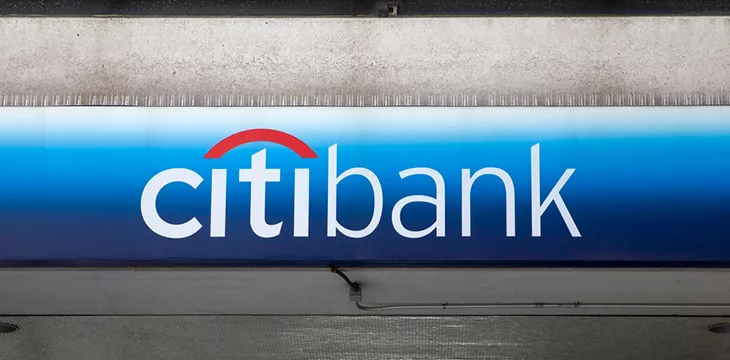|
Getting your Trinity Audio player ready...
|
Citibank has launched a new token service in a push to bring blockchains to institutions.
Citi Token Service will tokenize client deposits so they can be instantly sent anywhere in the world. It will also use smart contracts to automate the trade process, which has already been tested with shipping giant Maersk.
The launch signals ongoing interest in the practical uses of blockchain technology as the speculative frenzy of previous years has died down. Research firm Bernstein sees $5 trillion of real-world financial assets being tokenized on blockchains in the next five years, and lots of banks are scrambling to win their share of the business.
Good idea, but private blockchains are futile
While Citi’s idea is a good one, and it’s certainly a legitimate and useful way to utilize the power of blockchain technology, doing so on private blockchains is limited and ultimately futile.
To understand why, we need to take a brief trip down memory lane and into the history of the internet.
In the early days, the world saw a proliferation of computer network protocols like ARPANET, X.25, DECnet, and others. However, none of them are relevant today, and TCP/IP is the protocol that won out.
Why did TCP/IP become the dominant protocol?
It offered open standards; it was non-proprietary and openly documented.
It was robust—designed to be fault tolerant. Communication would continue even if part of the network went down.
End-to-end communication played a role. The intelligence and state were kept at endpoints, making the network simpler and more resilient.
TCP/IP was designed with scalability in mind. This was evident when it started to experience network effects and scaled as transaction volume increased.
Of course, being adopted by the U.S. Department of Defense also helped, but the point remains: TCP/IP won because it was open, interoperable, robust, and scalable. In short, it was everything private proprietary blockchains are not.
The difference between private and public blockchains
While the difference between private and public blockchains is self-evident from their names, those interested in learning more can read this guide.
History will show that BSV blockchain, the blockchain with the same characteristics as TCP/IP mentioned above, will become the dominant protocol. Citi and others would be better off building their applications on the original Bitcoin today.
CoinGeek Conversations with Giovanni Franzese: It’s time for corporates to turn to public blockchain solutions

 07-04-2025
07-04-2025 





